Woman grew 'nasal tissue' on back after stem cell treatment
Stem cells taken from nose 'retained ability to produce mucus' after paralysis treatment failed
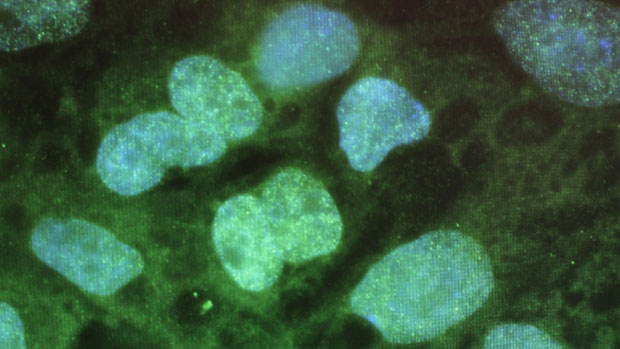
A free daily email with the biggest news stories of the day – and the best features from TheWeek.com
You are now subscribed
Your newsletter sign-up was successful
A woman who underwent an experimental treatment to try to cure her paralysis, in which stem cells were collected from her nasal cavity and implanted in her spine, suffered a tumour-like growth eight years later, the New Scientist reports.
The American, whose name has not been made public, underwent the procedure at a hospital in Portugal. It was hoped that the cells would support and guide the growth of neurons, repairing the damage to her spine which had paralysed her.
Instead, eight years later she was complaining of worsening pain at the implant site. Last year, at the age of 28, she was operated on again, with surgeons removing a three-centimetre long growth.
The Week
Escape your echo chamber. Get the facts behind the news, plus analysis from multiple perspectives.

Sign up for The Week's Free Newsletters
From our morning news briefing to a weekly Good News Newsletter, get the best of The Week delivered directly to your inbox.
From our morning news briefing to a weekly Good News Newsletter, get the best of The Week delivered directly to your inbox.
The 'tumour' was composed mainly of nasal tissue, with bits of bone and nerves which had not connected with her spinal nerves.
The growth was also secreting a "thick copious mucus-like material". It was the pressure from this mucus which is thought to have been causing pain.
The magazine speculates that the nasal stem cells, which came from the patient's own nose, had retained their ability to produce mucus because they had been implanted directly, rather than being grown in a lab to eliminate undesired cells.
Jean Peduzzi-Nelson, a researcher from Wayne State University in Detroit who advised the Portuguese team, says they tried the treatment on 140 people in all. She said many patients had had a "remarkable recovery".
A free daily email with the biggest news stories of the day – and the best features from TheWeek.com
She added: "I am saddened to learn of this adverse event. However, the incidence of this problem is less than one per cent."
A stem cell researcher from Harvard Medical School, George Daley, told the New Scientist the news was "sobering". He said: "It speaks directly to how primitive our state of knowledge is about how cells integrate and divide and expand."
-
 Political cartoons for February 16
Political cartoons for February 16Cartoons Monday’s political cartoons include President's Day, a valentine from the Epstein files, and more
-
 Regent Hong Kong: a tranquil haven with a prime waterfront spot
Regent Hong Kong: a tranquil haven with a prime waterfront spotThe Week Recommends The trendy hotel recently underwent an extensive two-year revamp
-
 The problem with diagnosing profound autism
The problem with diagnosing profound autismThe Explainer Experts are reconsidering the idea of autism as a spectrum, which could impact diagnoses and policy making for the condition
-
 Shell’s North Sea oil U-turn: ‘a first victory in a longer war’?
Shell’s North Sea oil U-turn: ‘a first victory in a longer war’?Speed Read Controversy after oil giant pulls out of proposed Cambo project
-
 Fires, floods and storms: America’s ‘permanent emergency’ has begun
Fires, floods and storms: America’s ‘permanent emergency’ has begunSpeed Read This summer of climate horror feels like the ‘first, vertiginous 15 minutes of a disaster movie’, says The New York Times
-
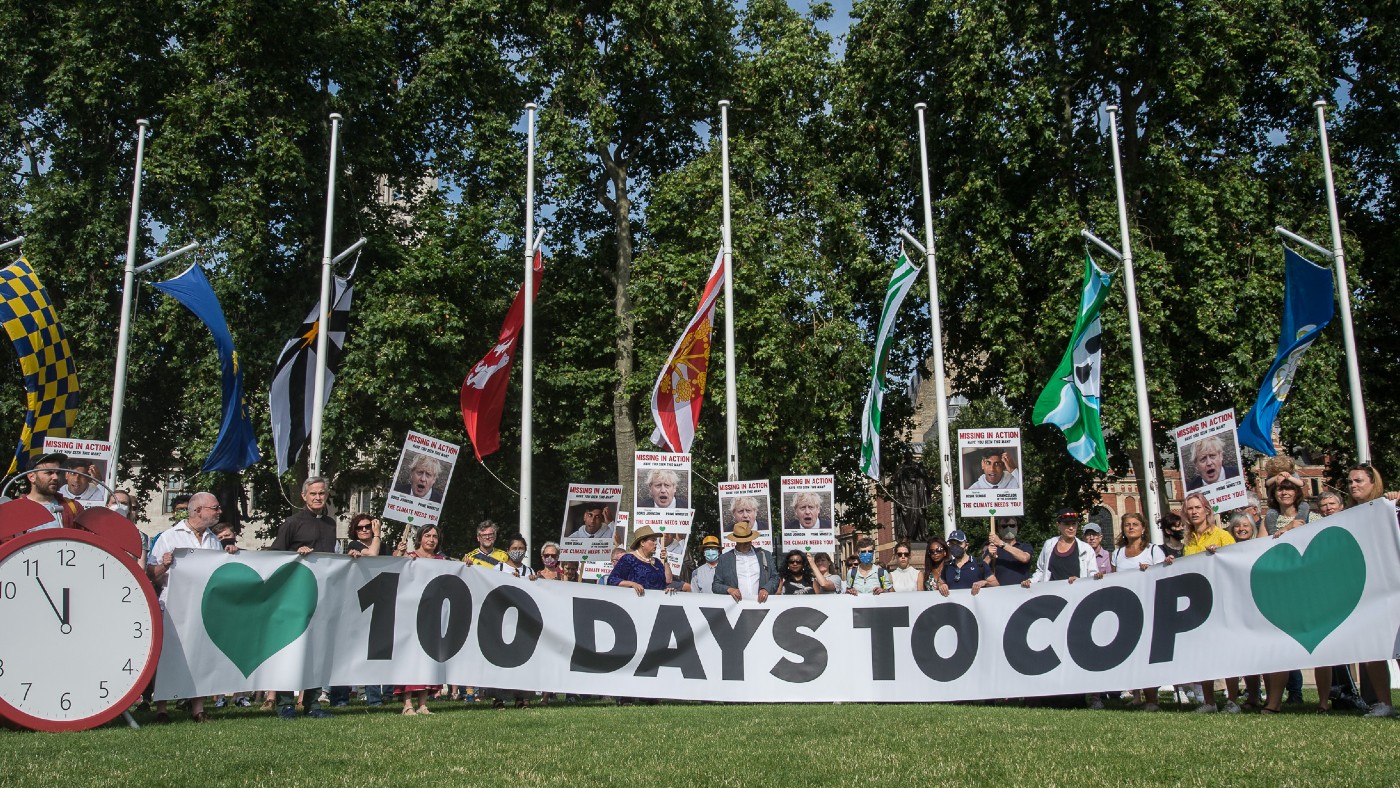 Hot air and empty rhetoric: is the UK acting too slowly on climate change?
Hot air and empty rhetoric: is the UK acting too slowly on climate change?Speed Read ‘Every day, new evidence accumulates that humanity is on an unsustainable path’
-
 Germany floods: what led to this ‘once-in-a-century’ disaster?
Germany floods: what led to this ‘once-in-a-century’ disaster?Speed Read Nearly 200 people died in Germany and Belgium; hundreds are still unaccounted for
-
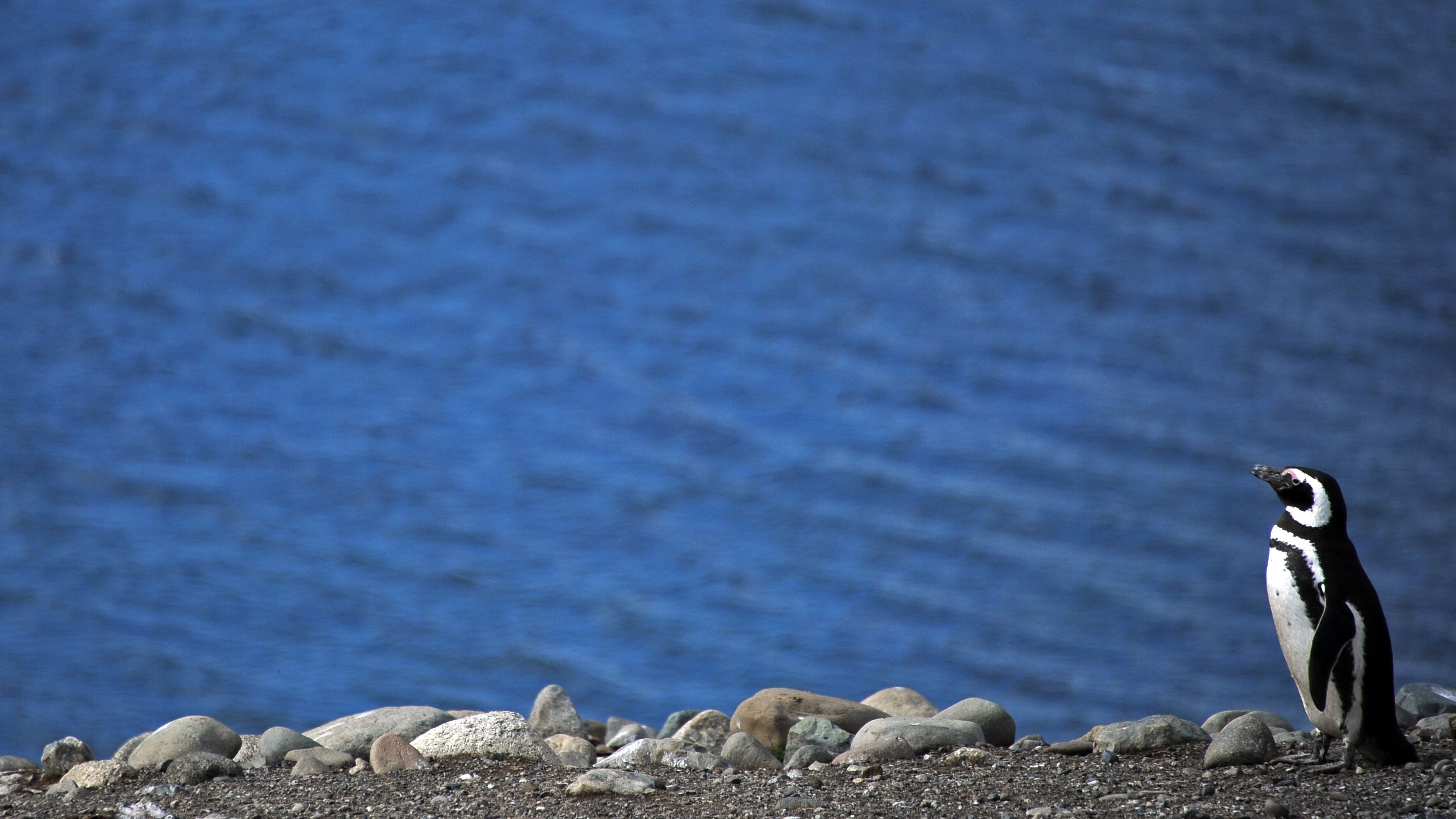 Penguin colony at risk as Somerset-sized iceberg bears down on British overseas territory
Penguin colony at risk as Somerset-sized iceberg bears down on British overseas territorySpeed Read Several species face starvation if the icy giant blocks access to feeding grounds
-
 ‘Full of hot air’: climate experts exposed as academia’s most frequent flyers
‘Full of hot air’: climate experts exposed as academia’s most frequent flyersSpeed Read Study results trigger calls for environmentalists to ‘look in the mirror’
-
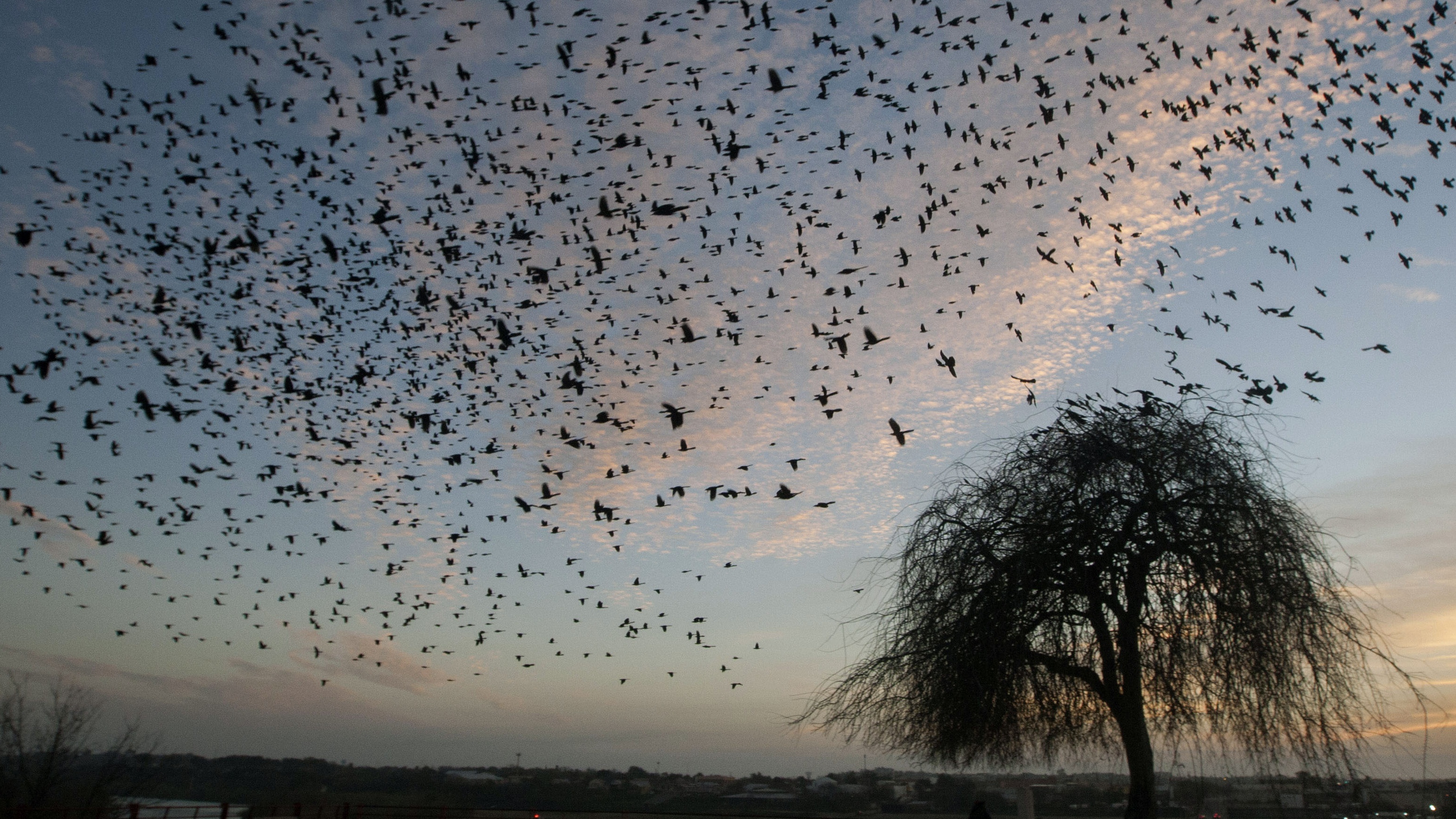 Mystery of millions of migrating birds dropping dead from US skies
Mystery of millions of migrating birds dropping dead from US skiesSpeed Read Some experts believe the West Coast wildfires may be to blame for ‘unprecedented’ mass bird deaths in New Mexico
-
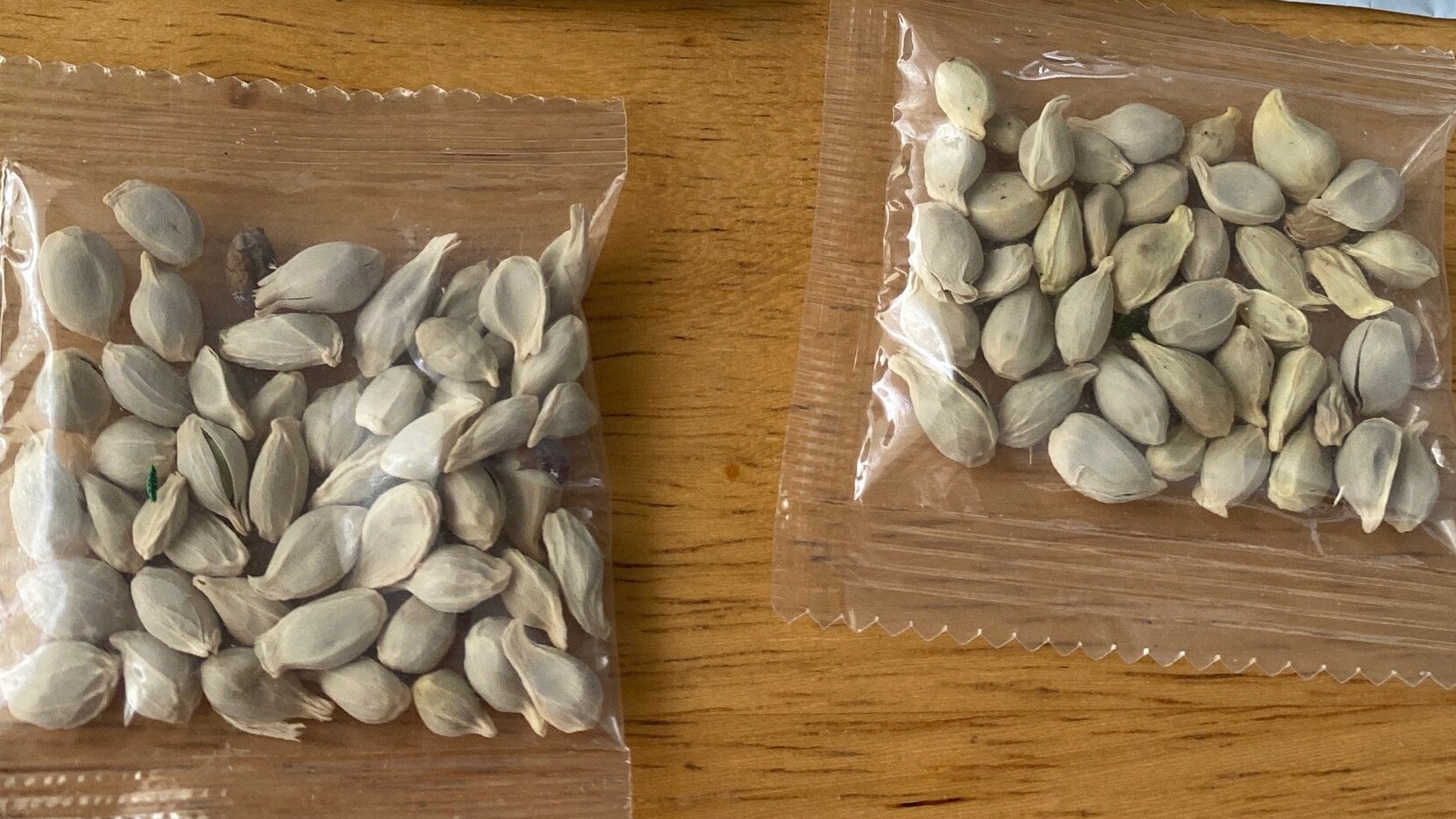 Americans warned not to plant mystery seeds being sent to homes nationwide from China
Americans warned not to plant mystery seeds being sent to homes nationwide from ChinaSpeed Read Officials say the unsolicited packages have been mailed to residents in at least 27 US states